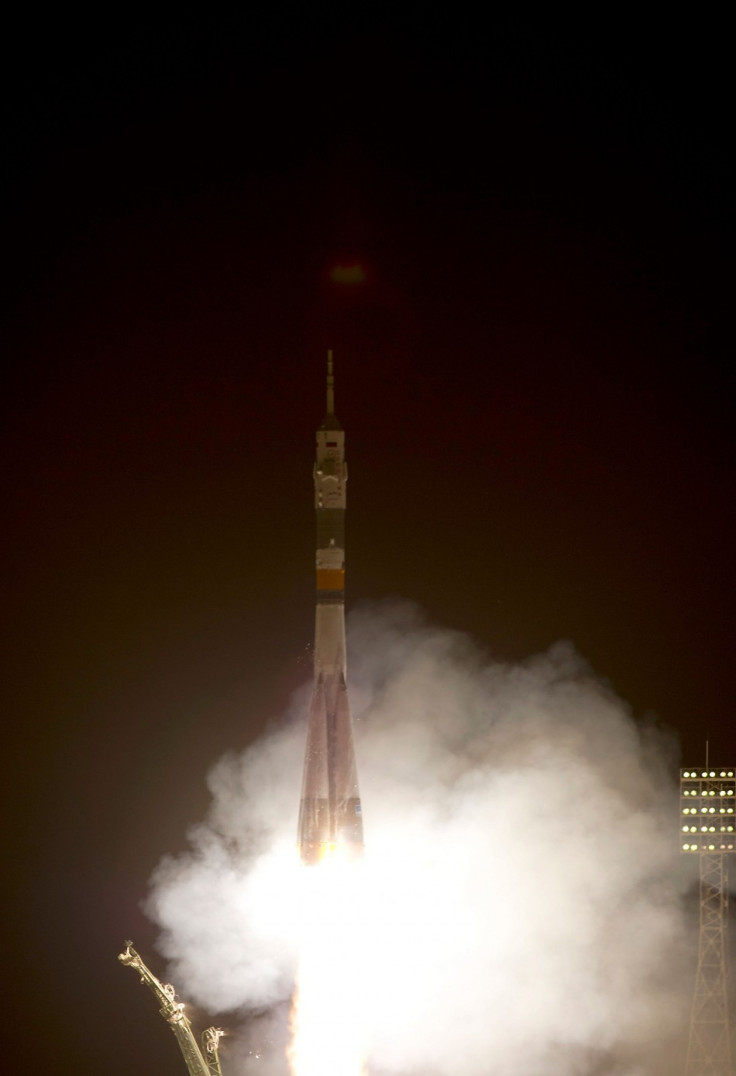Space Station Crew Holds Off On Prep For Temporary Shutdown

Six astronauts aboard the International Space Station (ISS) that was scheduled to launch in late September will continue to be delayed after a failed launch in Russia ended in a crash.
The astronauts, who planned to temporarily abandon the shuttle, told the Associated Press that ground controllers are figuring out how best to leave the complex.
A Russian rocket carrying space station supplies failed during liftoff two weeks ago and crashed into Siberia, which is the same type of rocket used to launch people.
The launch, which had been scheduled for Sept. 22 as the first to fly in this post-shuttle era, will happen in late October at the earliest, officials say.
However, until Russian engineers can figure out what went wrong, all Soyuz spacecraft launches are on hold, but the flight has been delayed until at least the beginning of November.
Astronaut Michael Fossum told AP Monday he and his crew will leave the space station in the best possible condition, if their replacements have not arrived by mid-November and it must be vacated.
Although, investigators said they want to determine the cause of last week's crash before launching further flights.
We have plenty of options, NASA's space station program manager, Mike Suffredini, explained to reporters Monday. We'll focus on crew safety as we always do.
In order for the Soyuz spacecraft to continue with a full staff of six for as long as possible, the one American and two Russians out of those six astronauts who were due to return to Earth on Sept. 8 will remain on board at least an extra week until Sept. 16.
BBC News reports that the unmanned Russian Progress M-12M cargo ship was carrying three tons of supplies for the astronauts on the ISS, whose cost has been estimated at $100 billion.
This comes just weeks after NASA's final space shuttle flight.
Abandoning the space station would be inconvenient for the world's five space agencies that have had astronauts working on the project since 2000, and the goal was to keep it going until 2020.
But, there may still be a chance to continue the space station project.
Perhaps in the future, we will not need a constant manned presence in the lower Earth orbit, Roskosmos deputy director Vitaly Davydov told reporters in Moscow.
Suffredini told reporters flight controllers could keep a deserted space station operating indefinitely, as long as all major systems are working properly. The risk to the station goes up, however, if no one is on board to fix equipment breakdowns.
Three are due to leave next month, and the other three are supposed to check out in mid-November as result of spacecraft and landing restrictions.
© Copyright IBTimes 2024. All rights reserved.











